 Your new post is loading...
 Your new post is loading...
Nice Threads We’ve made it easy to create a thread by adding a plus button in the composer, so you can connect your thoughts and publish your threaded Tweets all at the same time. You can continue adding more Tweets to your published thread at any time with the new “Add another Tweet” button. Additionally, it’s now simpler to spot a thread – we’ve added an obvious “Show this thread” label. A few weeks ago, we expanded our character count to make it easier for people to fit what they’re thinking into a Tweet. But we know people also may want to serialize a longer storyor thought, or provide ongoing commentary on an event or topic. That’s where this update to threads comes in! You’ve been using threads in creative ways like these for years – the ways and reasons to thread your Tweets are limited only by your imagination. Learn more / En savoir plus / Mehr erfahren: https://www.scoop.it/t/social-media-and-its-influence/?&tag=Twitter
Via Gust MEES
A lot of businesses frequently use the term Digital Transformation, but what does it actually mean?
We have become so accustomed to digital technology, we are no longer able to imagine life without it. And yet, when it comes to the digital transformation of the work environment, we still have a long way to go. The greatest obstacle for digital transformation is simply, people.
Make digital transformation a capability, not a project; transform operations not just customer experience #hbrwebinar @gwesterman
— Parag Gogate (@paraggogate) 18 août 2017
There are a number of things that don’t have to do with technical innovations that are going to make the process more complicated. That’s not to say that creating the proper infrastructure to accommodate the rapid pace of development is not going to be a major issue in and of itself. But a number of key factors in implementing digital solutions are related to people. And while is relatively easy to change and adapt to new technology, people are not.
Many global companies start to realize their business will be mostly digital within the coming years, but not many are really interested in dealing with the digital transformation. Learn more / En savoir plus / Mehr erfahren: http://www.scoop.it/t/21st-century-learning-and-teaching/?&tag=Digital+transformation
Via Gust MEES
A new study lends credence to what you’ve probably always suspected: social media is having a pretty negative effect on teenagers — Instagram and Snapchat being the worst culprits. The study, published today and called “Status of Mind,” was conducted by researchers for the Royal Society for Public Health in the UK. The researchers surveyed 1,479 British youths ages 14-24, asking them how they felt the different social media networks effected their mental health. They took in several factors such as body image, sleep deprivation, bullying, and self-identity. The results suggest the two worst social media networks for kids are Instagram and Snapchat, as they had terrible scores for body image, bullying, and anxiety. Twitter and Facebook weren’t much better, though. YouTube was the only one that apparently inspired more positive feelings than negative ones. Learn more / En savoir plus / Mehr erfahren: http://www.scoop.it/t/social-media-and-its-influence
Via Gust MEES
Teaching online is easier and more effective when you have the confidence to be yourself! When you teach online, it’s vital to let your real personality shine through. Authenticity and honesty help to make a genuine connection with your students. It’s a terrible idea to try and be something you’re not. Your students don’t want to see a sweaty man in a tight jumpsuit impersonating a legend. And pretending to be someone else is exhausting. You stop being an online teacher and become an actor instead – in a role you’re not comfortable in (and even worse, maybe not prepared for). Being your real self makes it easier for your students to give you the respect you deserve. It’s always pretty obvious when someone is being authentic rather than faking enthusiasm or expertise. Learn more / En savoir plus / Mehr erfahren: http://www.scoop.it/t/21st-century-learning-and-teaching/?&tag=Counterfeit+Leadership http://www.scoop.it/t/21st-century-learning-and-teaching/?&tag=Rise+of+the+Professional+Educator
Via Gust MEES
Why (And How) Teachers Should Start Learning and Teaching Cyber-Security . What should get be taught and learned more in the 21st Century while using ICT? In the 21st Century, Education has a BIG responsibility to adapt to the very quick change in the world and to teach the students the knowledge they need and which are required to fulfill the market’s needs! The market’s needs are ALSO to employ people with the basics of Cyber-Security knowledge as a modern company needs to protect its online reputation and a data loss could be lethal to them, their ruin eventually! SO, the new employees is the students coming out of school, College, High school, Universities; ALL of them need to have the basic knowledge of Cyber-Security to be competitive in a working market where there is more and more unemployment worldwide… ===> A company would take advantage of a new employee who as already the necessary knowledge of Cyber-Security as the company doesn’t need to train him, which saves it a lot of money! <===
Via Gust MEES
|
Free resource of educational web tools, 21st century skills, tips and tutorials on how teachers and students integrate technology into education
Via Tom D'Amico (@TDOttawa)
Exponential technologies have a tendency to move from a deceptively slow pace of development to a disruptively fast pace. We often disregard or don’t notice technologies in the deceptive growth phase, until they begin changing the way we live and do business. Driven by information technologies, products and services become digitized, dematerialized, demonetized and/or democratized and enter a phase of exponential growth. Nicole Wilson, who was Singularity University’s vice president of faculty and curriculum until last year, believes education technology is currently in a phase of deceptive growth, and we are seeing the beginning of how exponential technologies are impacting 1) what we need to learn, 2) how we view schooling and society and 3) how we will teach and learn in the future. [Gust MEES] Simply put, as WE (#Schools) DON'T know WHAT THAT world would be, WE SHOULD prepare the #students #LEARNers for <===> #LEARNing2LEARN to become #LifeLongLEARNing persons! Please check my #blog post <===> https://gustmees.wordpress.com/.../teaching-was.../ <===> #ModernEDU #Coaching
Via Gust MEES, Jim Lerman
How can an age-old learning strategy, like social learning, make your eLearning course pop? Read this article and find out the benefits of social learning! What is Social Learning? Before we delve into the benefits of this type of learning, we need to understand what research in social learning tells us. Social learning theory: The social learning theorists Bandura and Walters have described this theory as follows: · Learning is not purely behavioral; rather, it is a cognitive process that takes place in a social context. This points to the learners’ preference to learn in groups. The interchange of knowledge and perspective creates new knowledge that is personal to the learner. · Learning can occur by observing a behavior and by observing the consequences of the behavior (vicarious reinforcement). · Learning involves observation, extraction of information from those observations, and making decisions about the performance of the behavior (observational learning ormodeling). Thus, learning can occur without an observable change in behavior. · Reinforcement plays a role in learning, but is not entirely responsible for learning. · The learner is not a passive recipient of information. Cognition, environment, and behavior all mutually influence each other (reciprocal determinism). Learn more / En savoir plus / Mehr erfahren: http://www.scoop.it/t/21st-century-learning-and-teaching/?tag=Social+Learning
Via EDTECH@UTRGV, Gust MEES
|



 Your new post is loading...
Your new post is loading...



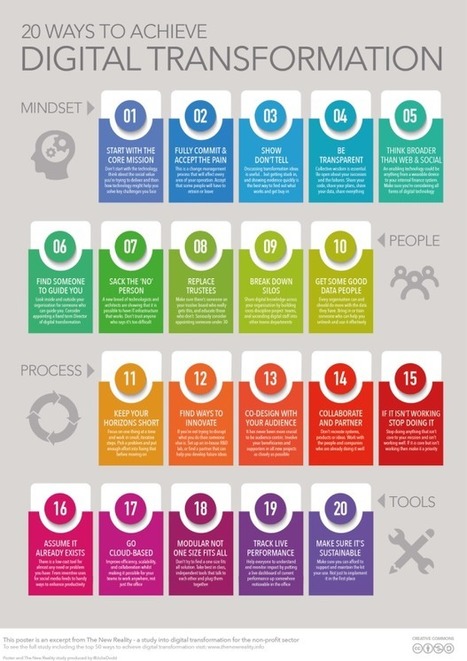

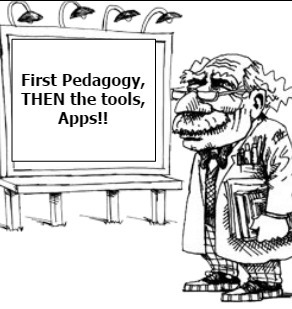


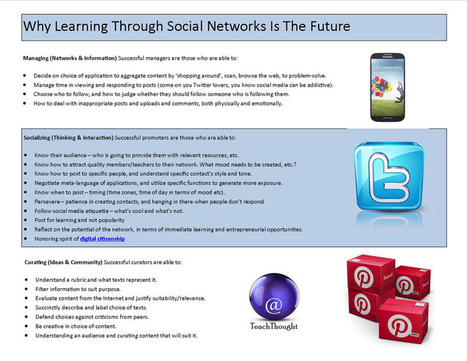



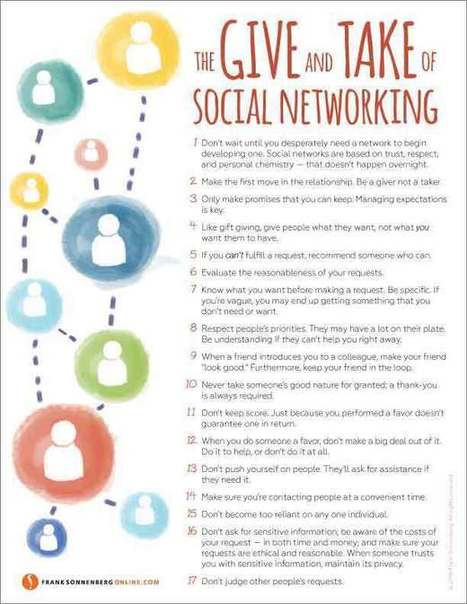
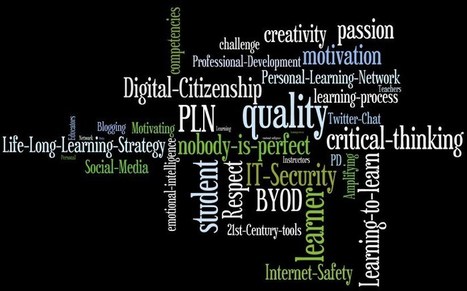



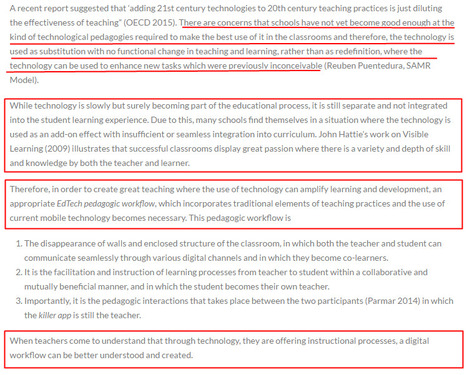
![10 Social Media Skills for Every Modern Teacher [Infographic] | #ICT #eSkills | Distance Learning, mLearning, Digital Education, Technology | Scoop.it](https://img.scoop.it/pseSS92h4JV1eq2YN7HosDl72eJkfbmt4t8yenImKBVvK0kTmF0xjctABnaLJIm9)






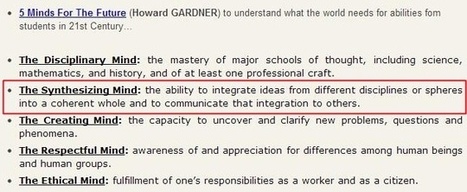
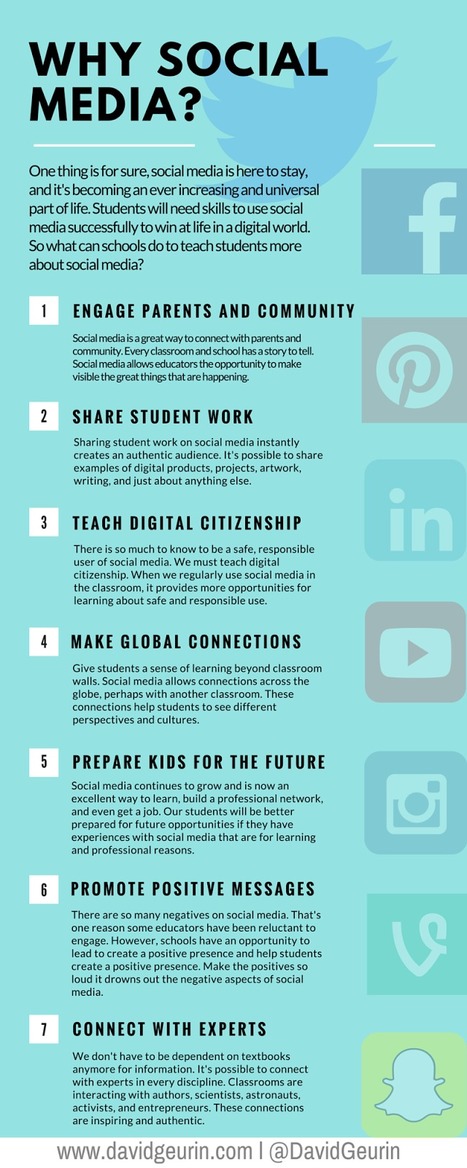






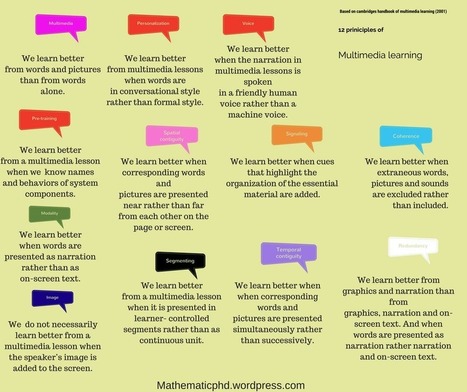
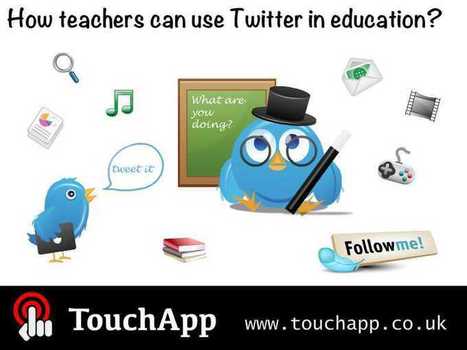


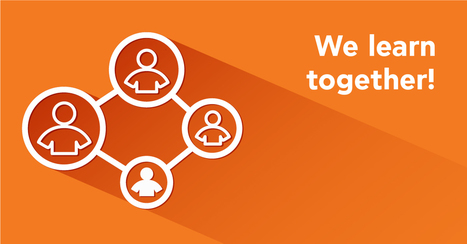


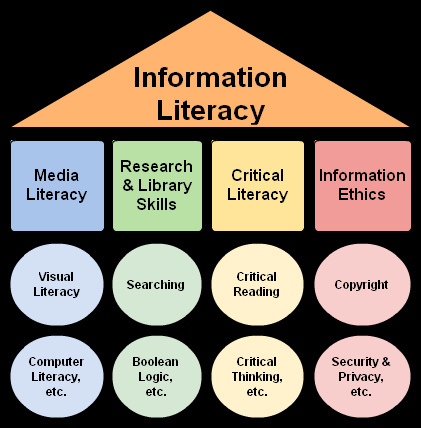








We’ve made it easy to create a thread by adding a plus button in the composer, so you can connect your thoughts and publish your threaded Tweets all at the same time. You can continue adding more Tweets to your published thread at any time with the new “Add another Tweet” button. Additionally, it’s now simpler to spot a thread – we’ve added an obvious “Show this thread” label.
A few weeks ago, we expanded our character count to make it easier for people to fit what they’re thinking into a Tweet. But we know people also may want to serialize a longer storyor thought, or provide ongoing commentary on an event or topic. That’s where this update to threads comes in!
You’ve been using threads in creative ways like these for years – the ways and reasons to thread your Tweets are limited only by your imagination.
Learn more / En savoir plus / Mehr erfahren:
https://www.scoop.it/t/social-media-and-its-influence/?&tag=Twitter